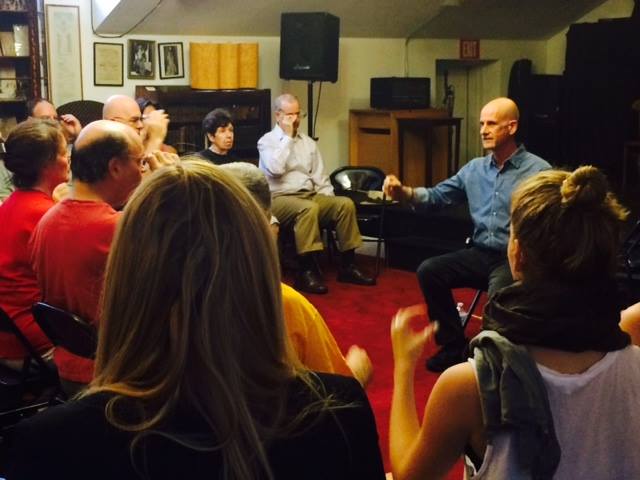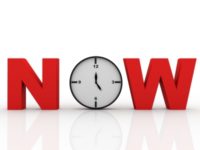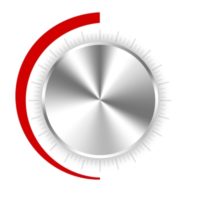by Alex Curtis
Just as my life was getting better, my body got worse.
I was new to New York this September, and as I arrived I did the requisite looking-for-a-day-job and finally had pulled together enough odd-jobs to make my rent. I was a yoga instructor by day, a cater waiter at night, and an actor at whatever time I would make for myself in between.
As I started working more, however, I developed pain in my lower back. I thought that it was from demonstrating poses for students while yoga teaching, but that theory didn’t totally make sense.
I had been exposed to Alexander Technique while studying acting in school, and wanted to continue pursuing it anyway, but now I had a real strong impetus to go: What was hurting my back?
The answer, as it always is with Alexander Technique, was the habitual use of my body. But when? Where? Back pain hadn’t been a problem before. Why now?
As it turned out, when I would go to teach yoga – which I would do for hours at a stretch, teaching classes back to back, bouncing between various studios – I would “turn on” or go into “teacher mode.” I would shift gears into a presence that was bigger, louder, more presentational, and capable of presiding over a group of thirty or more moving bodies all flowing and breathing together at once. It was also tight, closed off, and exaggerated habits that I already had as a person to shorten my spine, grip through my quads, and tense around my ankles among other things.
Of course I wasn’t aware of this. All I knew was that I had a job to do, and that I was doing the best I could to do it. I thought I did a good job. But then I’d be in pain for hours afterwards without knowing why.
Another symptom of this habit, was that when I taught I didn’t see individuals as I looked around the yoga room, but rather some blurred mess of people – “the class” – that I had to teach. I wasn’t really present. It was something that attracted me to teaching yoga actually. I never felt the time to by, once I started the class it felt as if I blinked and it was over. This was also not overall to my benefit.
So I found a teacher, Mark Josefsberg, and as we started working together, I received simple, personal directions that helped work preventatively/correctively against my natural tendencies so I could find a more easy alignment and use in my body. “Soften my tail bone toward my toes,” “Free my ankles,” “Find my heels,” “Send my legs away…” These and other directions helped me counteract the effect of habits that, until I began to investigate for myself, I didn’t realize that I had, and those I did I know I had, I didn’t know how to work with.
The effects on my yoga teaching have not only been a reduction of pain. (Which had reduced considerably. Yesterday, I lead 6 classes back to back for a total of 9 hours of teaching, and left without any pain at all.) But also I can see the room. The experience of teaching feels more ordinary. Without the sensation of “doing” of “teaching,” I no longer change gears, and move into some out-of-body experience. Now I can see each individual student in the room, and have the space available within myself to give them individual attention and coaching while still keeping track of the group – something that felt unimaginable before. I can hear the difference in my voice when my system is relaxed and my breath is free. It’s an easier sound, more grounded, and able to fill a room and communicate to a large group of people without straining or, (that terrible word) projecting.
I’m still working on reducing these habits in my normal life too, but I have seen the benefits too in my acting. I was working on a scene recently, and just as we were about to start I recognized and inhibited the familiar impulse to “turn it on.” Instead, I inhibited the impulse and let acting be ordinary. Don’t push. Be open, receptive, allow the performance to come from and through you.
I’m continuing to work with Alexander Technique, and I am sure the benefits will continue to grow, but already the effects are rippling through different corners of my life and helping me get the most from my passions and the most from myself.
Now things are good, and they’re just getting better.










Leave A Comment